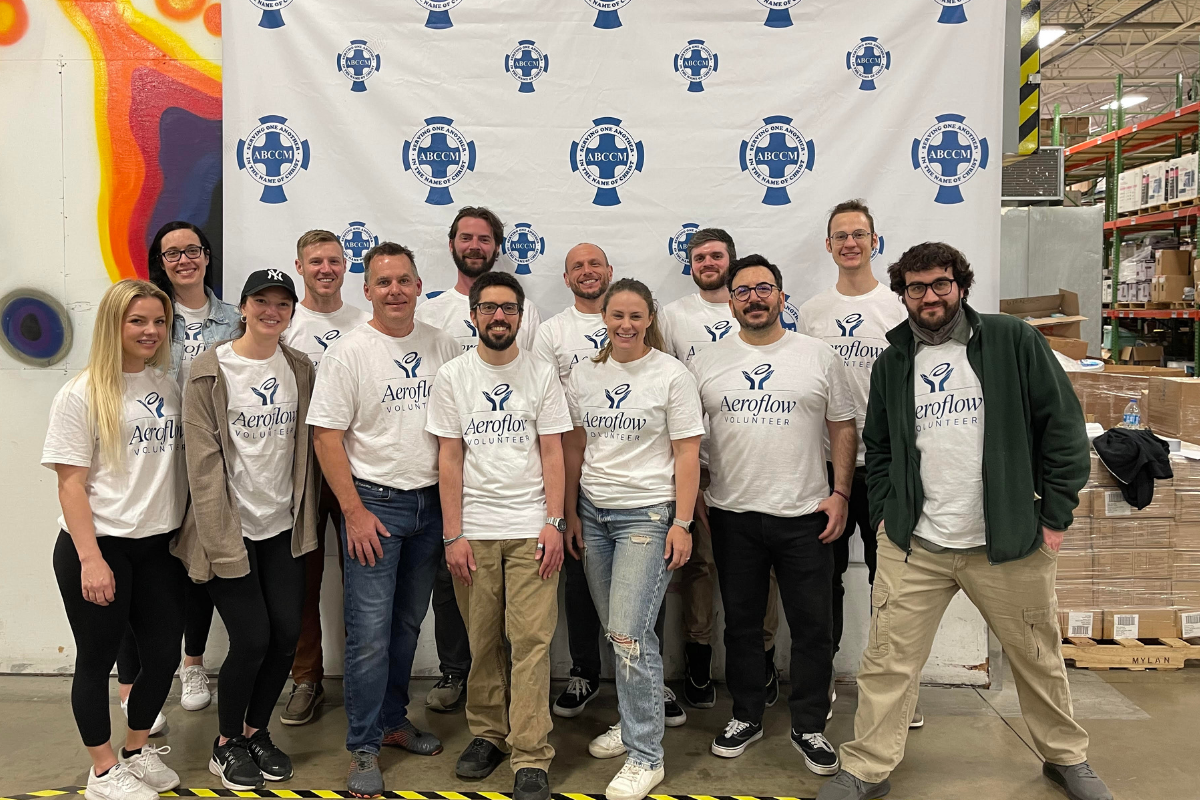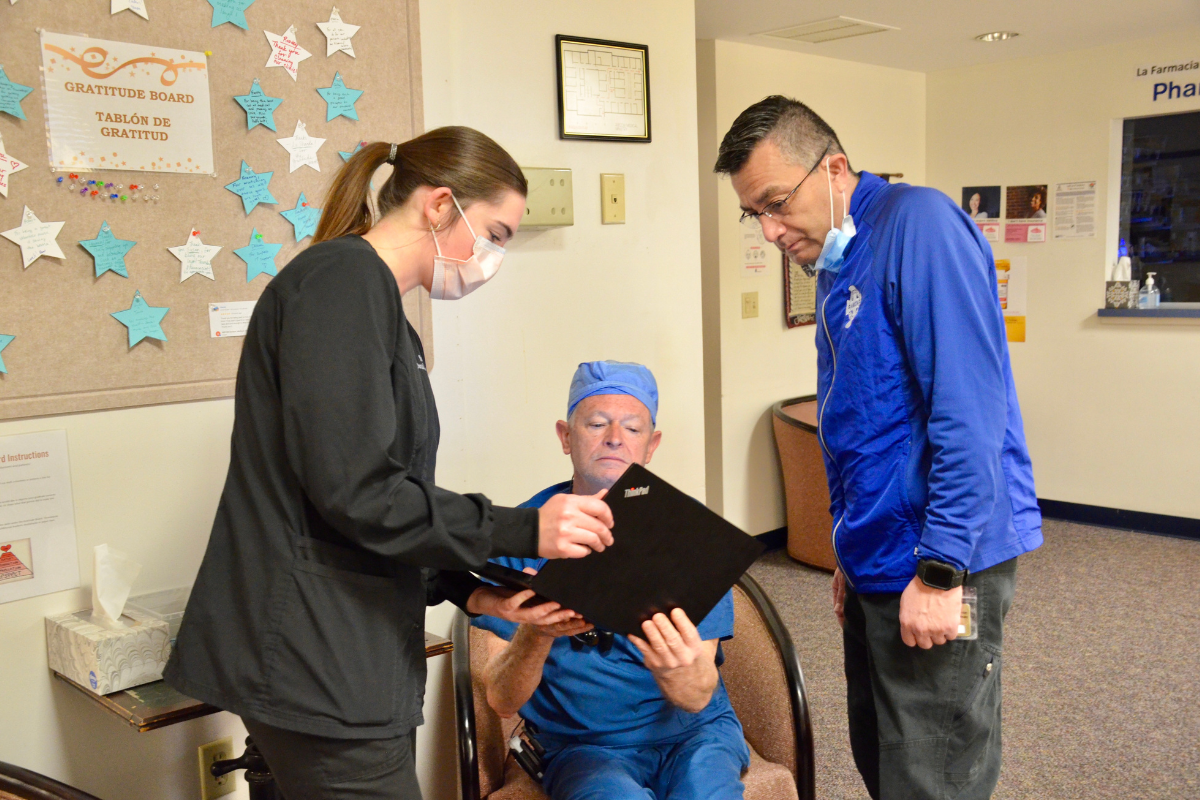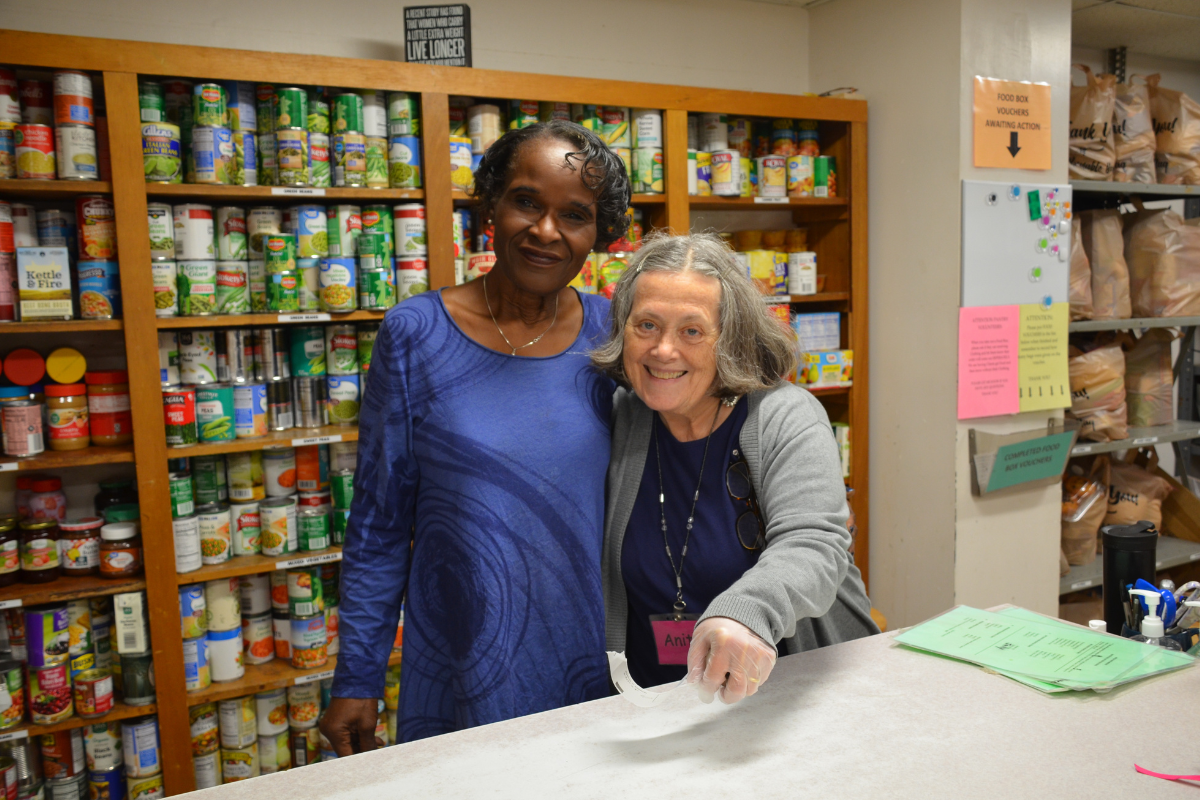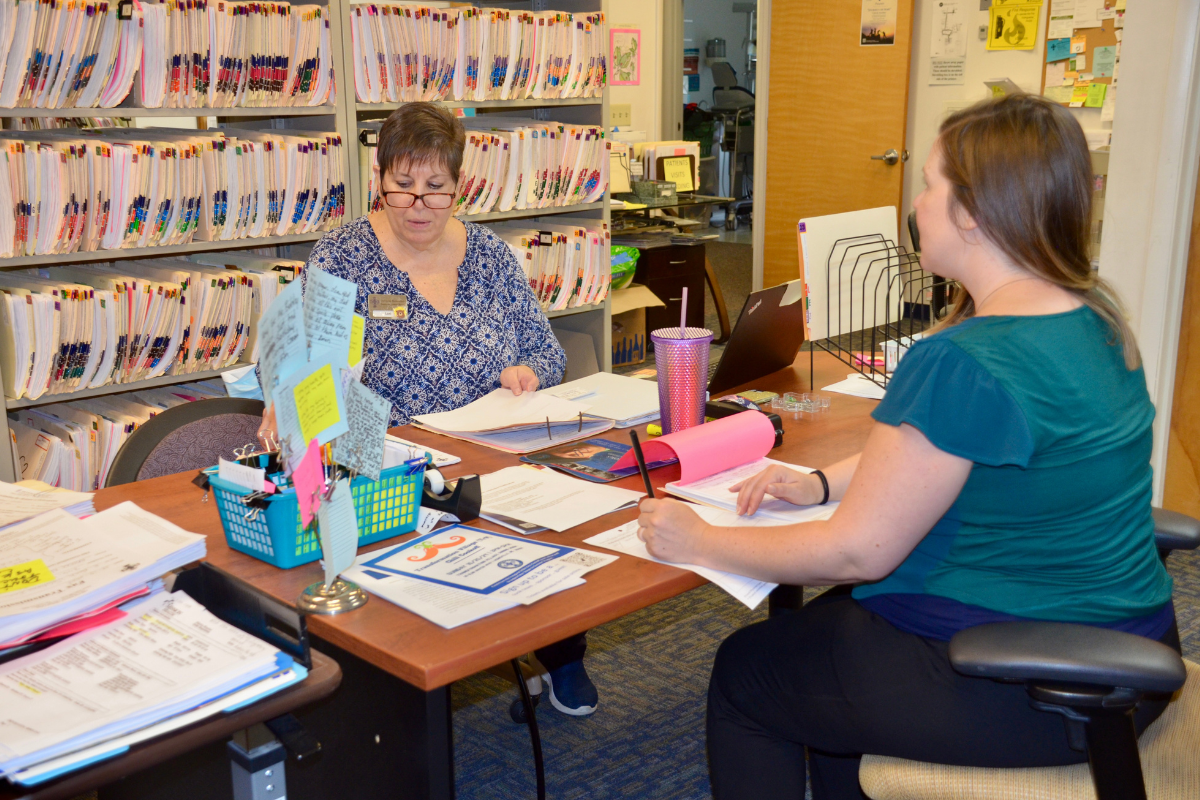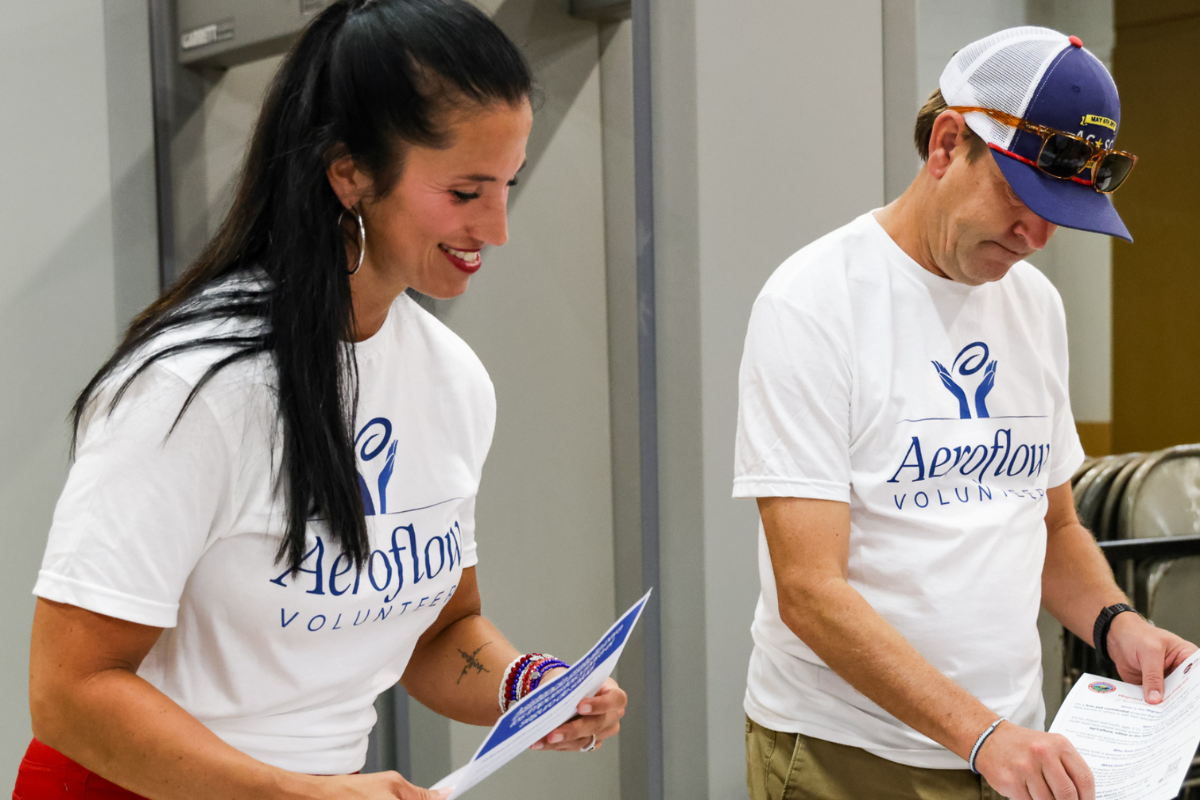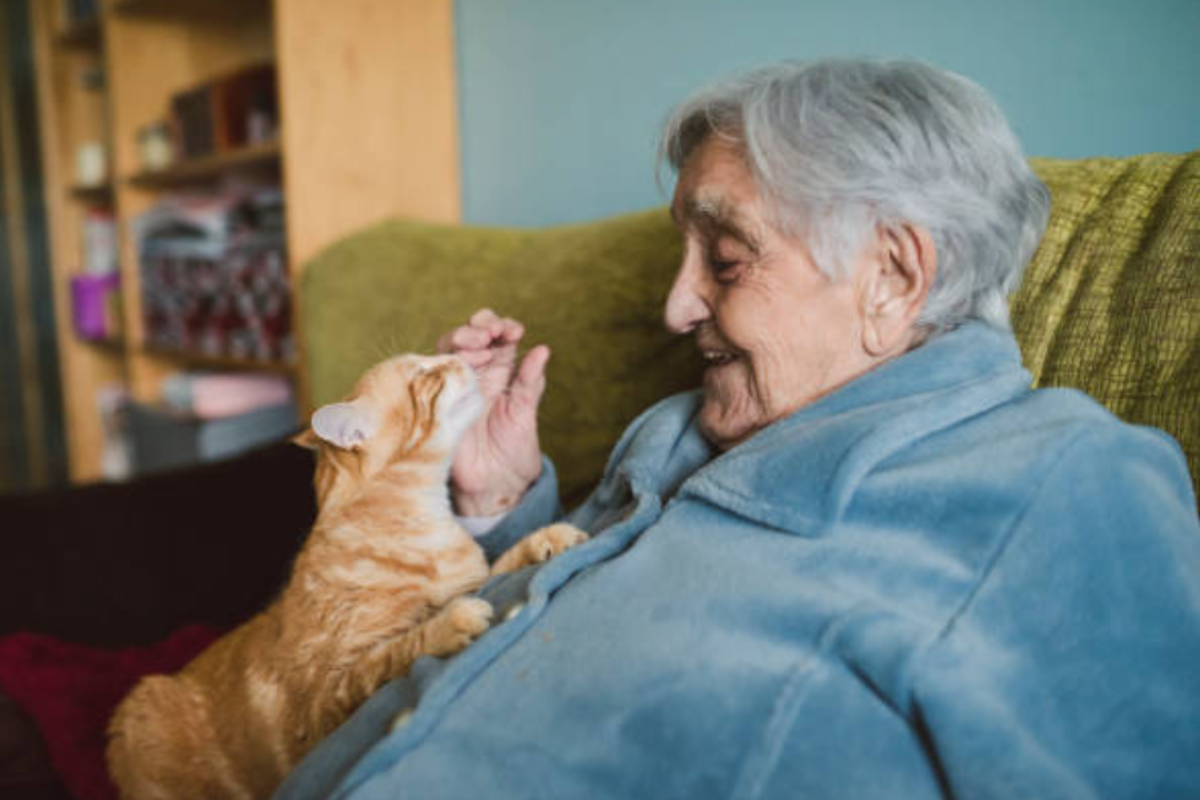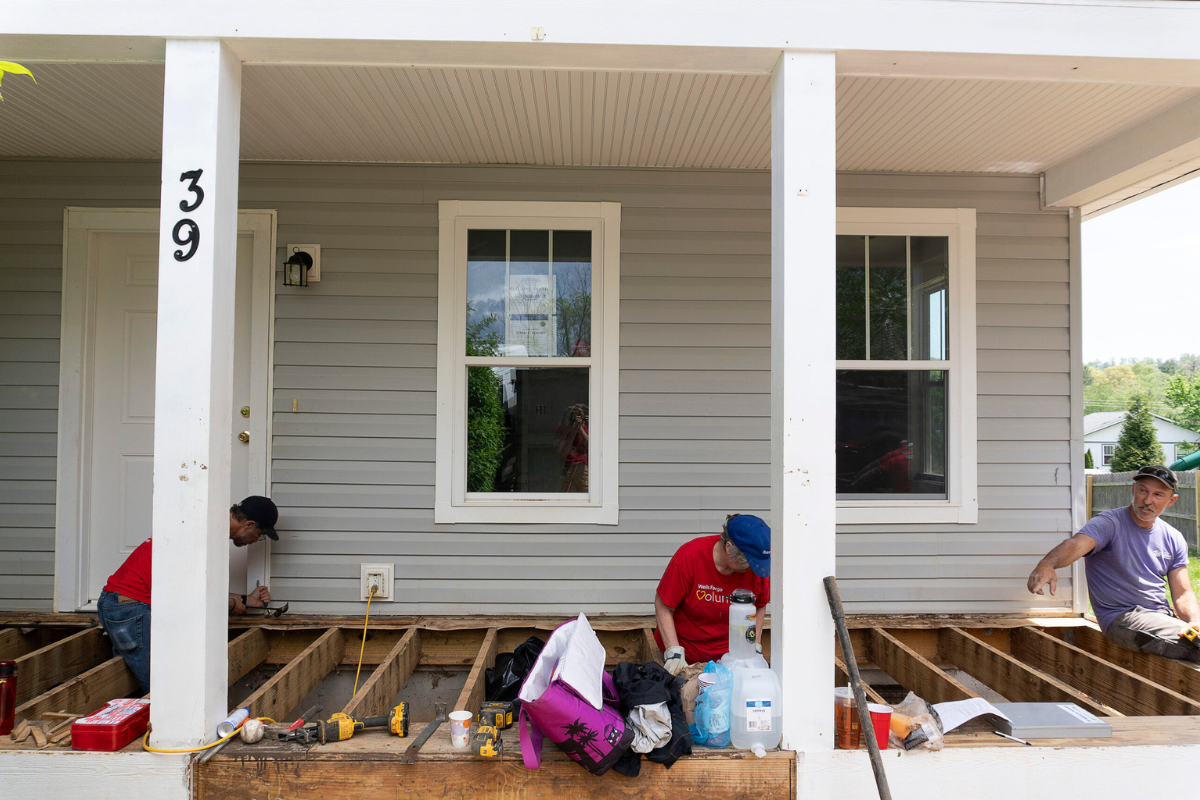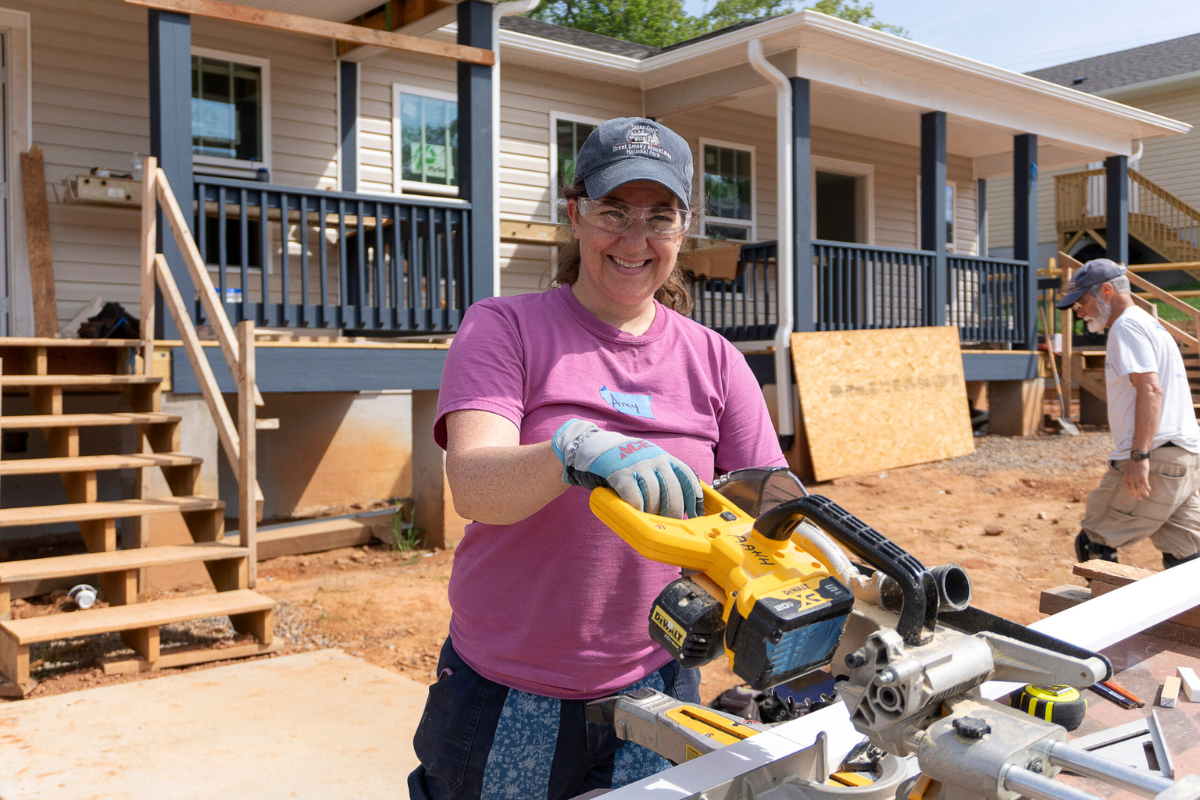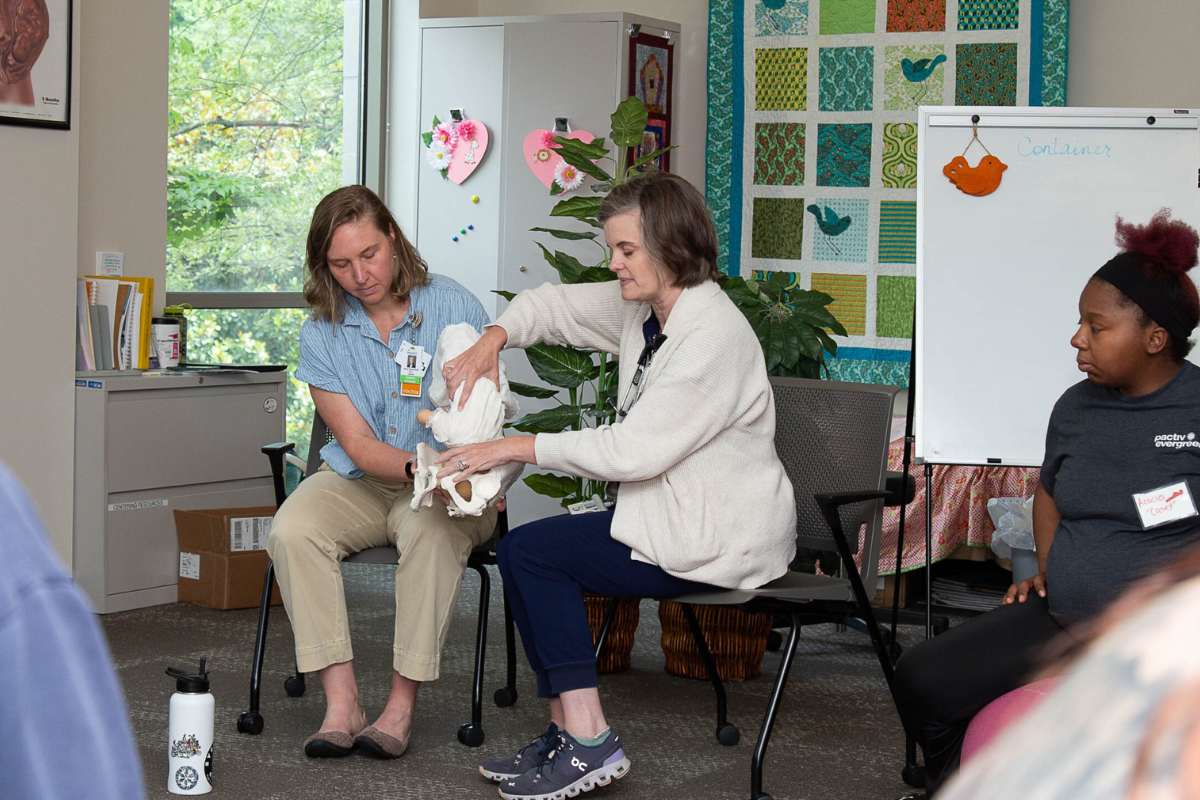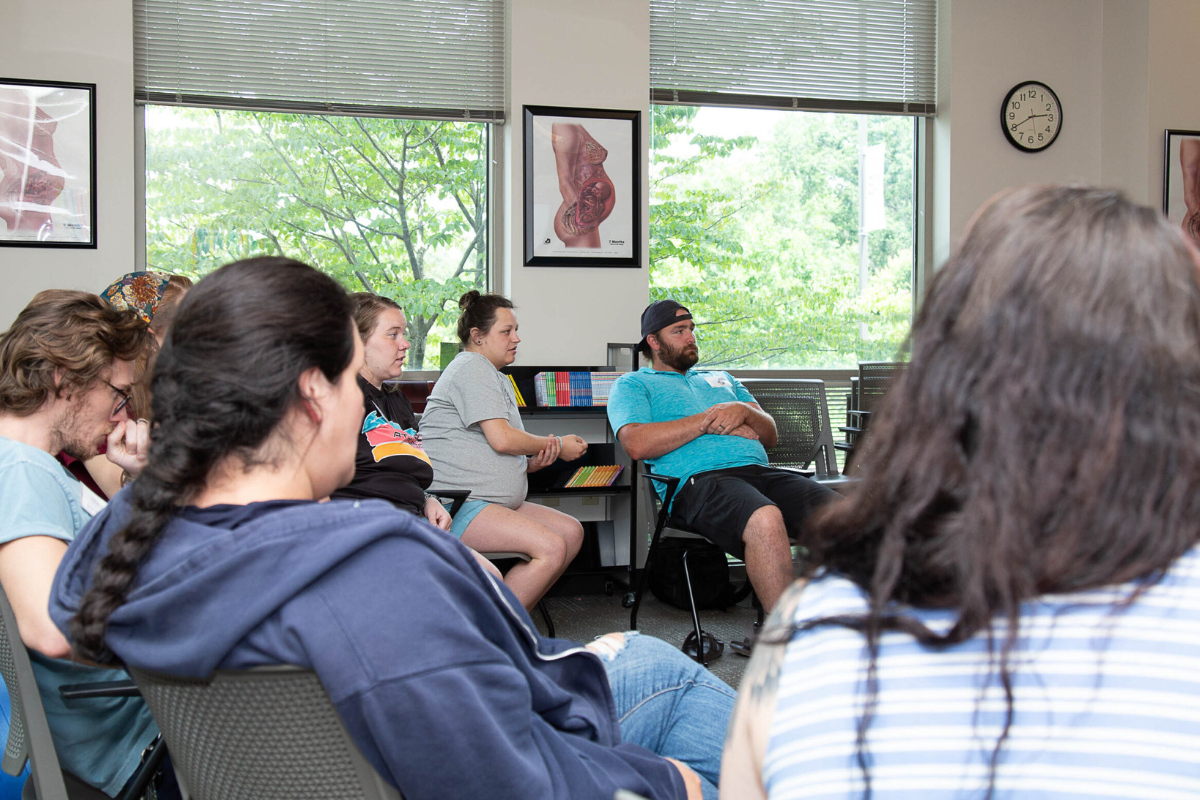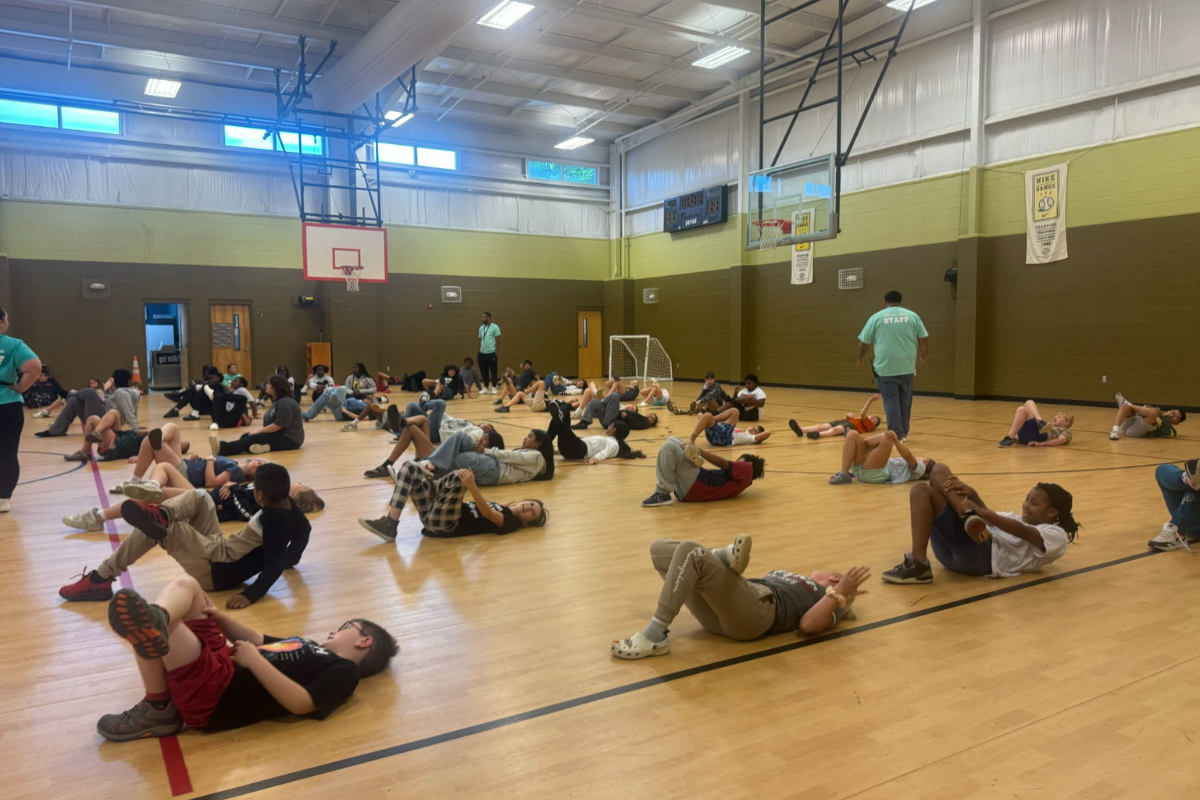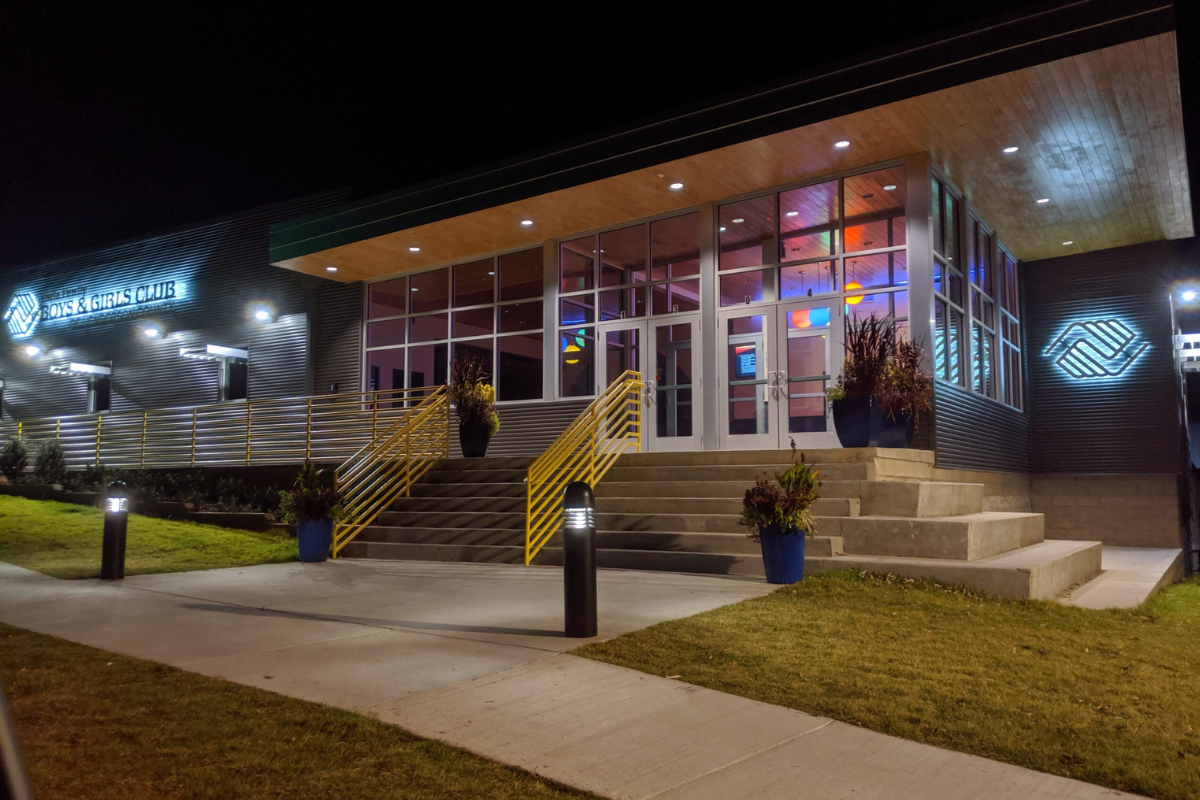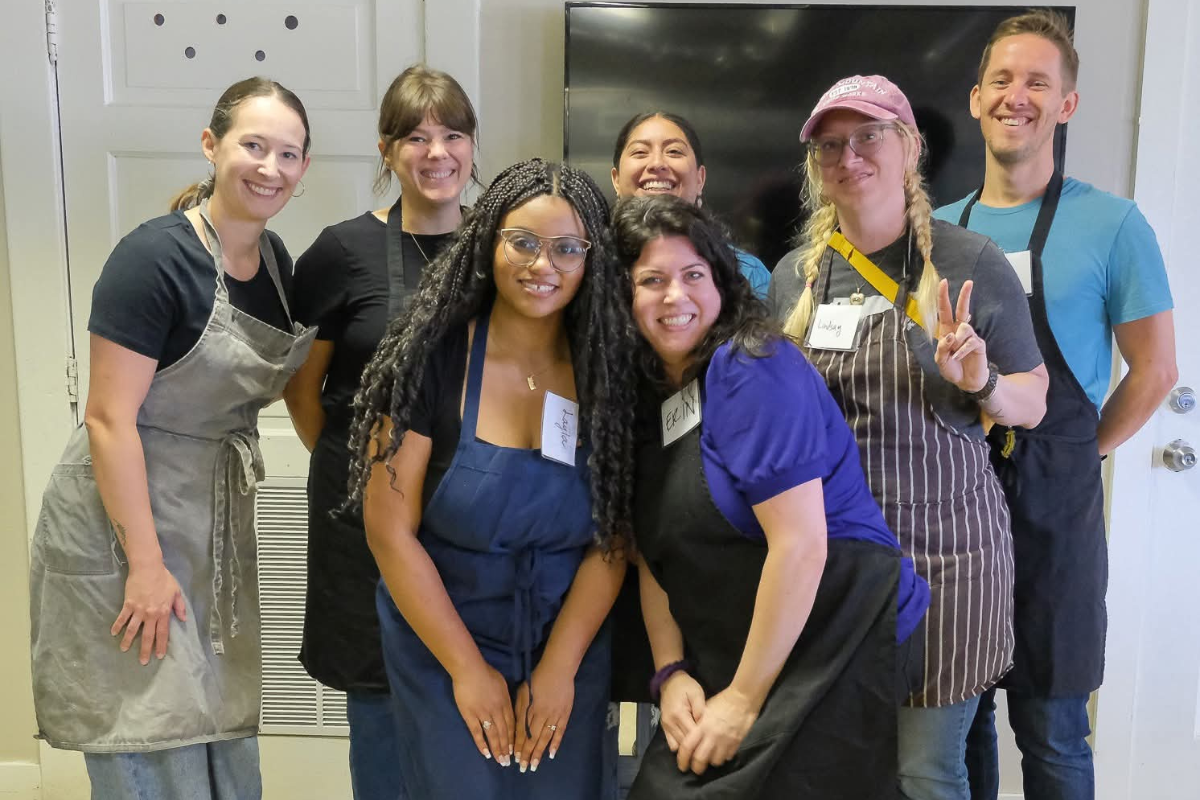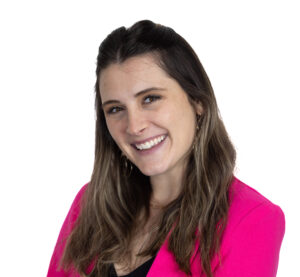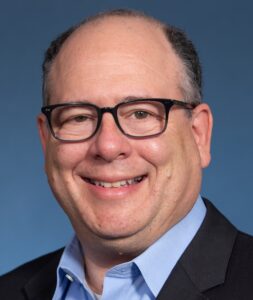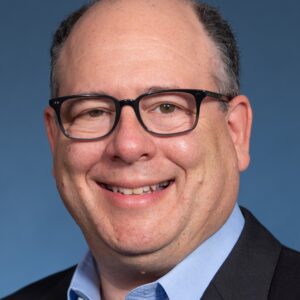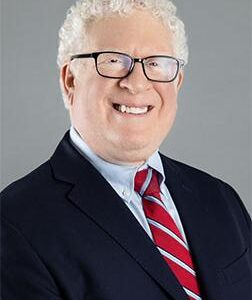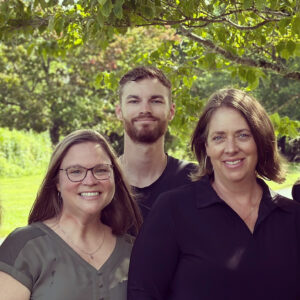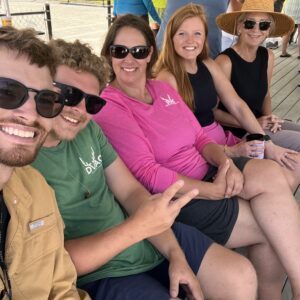For health plans and managed care organizations, incontinence remains a vastly under-recognized driver of cost, risk, and member dissatisfaction, yet it is also a modifiable lever to improve performance. When addressed proactively, continence management can reduce avoidable utilization, delay institutionalization, and improve member experience while strengthening quality and financial outcomes for Medicaid, Medicare Advantage, and other risk-bearing plans. [1][2]
The hidden cost of incontinence
Incontinence is often framed as a quality-of-life concern rather than a core cost and risk issue, but its downstream impact on healthcare utilization is substantial. Recent analyses show that urinary incontinence and overactive bladder together are associated with tens of billions of dollars in annual costs in the United States, driven by higher rates of outpatient visits, hospitalizations, and prescription use compared with matched adults without incontinence. For payers, these costs are compounded by sequelae such as falls, fractures, skin breakdown, and infections, which are frequently preventable with systematic continence management. [1][2][3][4]
The payer perspective: Why continence management matters
From a payer standpoint, incontinence-related costs extend far beyond supplies to include increased use of home health, emergency services, and skilled nursing facilities. Members with stress or mixed urinary incontinence incur markedly higher total costs over multi-year periods than controls, reflecting more frequent physician visits, hospital care, and medication use. In addition, incontinence-related falls and fractures create another layer of financial exposure, given the high acute and post-acute costs associated with hip fractures and other serious injuries in older adults. [1][2][4]
Indirect costs are equally important. Untreated or poorly managed incontinence contributes to falls, skin breakdown, and urinary tract infections, each of which can trigger a cascade of escalations from ED visits to hospital admissions and long-term care placement. These complications drive utilization in high-cost settings and often result in permanent loss of independence, particularly for older adults with multiple chronic conditions. For plans that serve a high proportion of frail or dually eligible members, these dynamics can significantly influence total cost of care and medical loss ratios. [1][4][5][6]
Incontinence and risk of institutionalization
Incontinence is a well-established predictor of functional decline and more supported living arrangements. Studies in older adults show that urinary incontinence and especially dual incontinence (urinary and fecal) are associated with higher likelihood of transitioning to more intensive care settings within a year, even after accounting for age and comorbidities. In nursing homes, a large proportion of residents who are continent at admission develop dual incontinence over the first one to two years, highlighting both the scale of the problem and the opportunity for proactive interventions. [1][7][6]
For Medicaid and Medicare Advantage plans, each avoidable admission or prolonged stay in a nursing facility represents a major cost center. Because Medicaid remains the primary payer for long-term services and supports, preventable institutionalization driven by incontinence has implications for both state budgets and the financial performance of D-SNPs and other integrated plans. Addressing continence more systematically can therefore align clinical and financial goals by supporting community tenure while reducing dependence on institutional care.[1][5][7]
Falls, fractures, and safety risks
Incontinence is closely linked with fall risk, particularly in older adults who experience urgency, nocturia, and mobility limitations. Urgency-related rushing to the bathroom, especially at night, contributes to falls, and nocturia has been associated with increased risks of both falls and fractures in observational studies. Fragility fractures following falls have profound consequences, including functional decline, loss of independence, and elevated mortality in the year after injury. [1][4][6][8]
The associated costs are significant. Hip fractures in older adults result in high acute care expenditures and extended post-acute rehabilitation, along with increased likelihood of long-term institutionalization. When incontinence is not addressed, plans face recurring costs from ED visits, hospital stays, and readmissions, as well as ongoing expenditures for post-acute and long-term care. Integrating continence management into fall prevention programs gives payers a practical way to reduce these events while improving safety and quality of life for members. [1][4][5][8]
Quality of life, independence, and member retention
Beyond utilization and cost, incontinence exerts a powerful effect on members’ daily lives, social engagement, and emotional well-being. Members with incontinence often limit activities, avoid social situations, and feel a loss of dignity, which can worsen depression, anxiety, and adherence to other aspects of chronic disease management. Effective continence support, including appropriate products, education, and care coordination, helps restore autonomy and confidence, which are central to aging in place and maintaining social supports. [1][2][5]
For health plans, these member-level impacts translate directly into satisfaction, retention, and perception of plan responsiveness to real-world needs. In Medicare Advantage, better experiences among older adults can support performance on CAHPS and Care for Older Adults-related measures, feeding into STAR ratings and associated bonus payments. Proactive attention to continence is therefore not just a clinical courtesy but a differentiating feature of member-centered plan design. [1][5]
Impact on Medicare Special Needs Plans
The burden and strategic importance of incontinence are particularly pronounced in Medicare Special Needs Plans. Institutional SNPs (I-SNPs) serve nursing home residents, a population with high rates of incontinence and dual incontinence, and therefore a high incidence of skin breakdown, infections, and falls. For these plans, integrating continence protocols into routine assessments and daily care can reduce avoidable hospitalizations, pressure injuries, and ED visits, improving both quality metrics and per-member cost trends. [1][5][7]
Dual Eligible SNPs (D-SNPs) care for individuals served by both Medicare and Medicaid, many of whom have complex functional and social needs that place them at heightened risk of institutionalization. In this context, unaddressed incontinence can be a tipping point from community living to nursing facility placement, with long-term consequences for both programs. Chronic Condition SNPs (C-SNPs) managing members with conditions like diabetes, heart failure, and neurologic disease also see higher prevalence of incontinence related to comorbidities and medications, making continence management an important component of comprehensive chronic care.[1][2][5][7]
The strategic opportunity for plans
When viewed strategically, continence management becomes a cross-cutting lever that touches utilization, risk mitigation, member experience, and competitive differentiation. Plans that systematically identify members with incontinence, optimize supplies and clinical support, and integrate continence into fall prevention and care management programs can reduce total cost of care while improving outcomes. Claims analytics, assessment data, and predictive modeling can be used to flag at-risk members, including those with frequent UTIs, falls, or nocturia, and target interventions before costly complications occur. [1][2][5]
Operationally, turnkey continence programs can also lessen administrative burden. Each preventable fall, UTI, or pressure ulcer generates not only medical expenses but also internal workload in the form of authorizations, transitions of care, appeals, and case management time. By shifting from reactive authorization of downstream care to upstream continence interventions, plans can free clinical and administrative staff to focus on higher-value work and complex cases. [1][5]
Aeroflow Health’s approach to continence management
Aeroflow Health partners with health plans to convert fragmented, reactive incontinence management into a proactive, data-driven strategy. The model begins with early identification, using data analytics and member outreach to surface individuals exhibiting signs of incontinence or related complications before they incur avoidable high-cost events. Once identified, members receive tailored continence supply programs matched to their functional status, environment, and preferences, reducing leakage, skin breakdown, and the need for higher-acuity care.[1][5]
This product optimization is combined with integration into existing case management, care coordination, and fall prevention workflows, minimizing disruption for plan teams. For example, continence assessments and product reviews can be embedded into fall risk evaluations or post-discharge follow-ups, creating a unified approach to safety and independence. Aeroflow’s model emphasizes education and support for members and caregivers, helping them use products correctly, manage symptoms, and communicate changes in status that might signal evolving risk. [1][4]
Linking continence to falls and quality
A key component of Aeroflow Health’s strategy is explicit alignment with fall prevention initiatives. Because nocturia, urgency, and mobility challenges combine to drive nighttime falls, interventions that stabilize continence can meaningfully lower risk. Plans can use claims and assessment data to identify high-risk members, deploy targeted continence supplies and home safety modifications, and then monitor falls, ED visits, and fractures over time to demonstrate impact.[1][4][8]
These efforts also support performance on quality measures related to functional status, care coordination, and member experience. By improving continence and related outcomes, plans can positively influence both clinical quality metrics and patient-reported measures that feed STAR ratings and bonuses. In competitive markets, a visible, well-executed continence program becomes part of the plan’s value proposition to members, caregivers, and providers.
From overlooked burden to strategic lever
The burden of untreated or poorly managed incontinence is too great for members who lose independence and dignity, for caregivers who struggle with day-to-day care, and for health plans facing avoidable high-cost utilization and institutionalization. Treating continence as a strategic priority rather than a peripheral benefit allows plans to reduce total cost of care, support aging in place, and enhance member satisfaction and loyalty. Through data-driven identification, optimized supplies, and integrated care coordination, partners such as Aeroflow Health enable payers to move from reactive management of incontinence-related complications to proactive, measurable improvement in outcomes and financial performance. [1][2][5]
Are you a health plan interested in learning how we can support your members while lowering your total cost of care? Contact us here to learn more.

Dr. Mike Cantor is a geriatrician and attorney who has extensive experience designing and implementing value-based care, quality improvement, and care management programs for healthcare providers and health plans. He works as a fractional (part-time) Chief Medical Advisor for Aeroflow Healthcare and other technology-enabled health services companies, value-based care organizations, and digital health companies. Previous roles include: CMO for Uber Health, the logistics and transportation company, Bright Health Plan, an innovative health insurer; CMO for CareCentrix, a leading outsourced home health, durable medical equipment, and post- acute care benefits manager acquired by Walgreens; and CMO for the New England Quality Care Alliance (NEQCA), the physician network affiliated with Tufts Medical Center, where he implemented network-wide quality improvement and care management programs for 150,000 managed care lives. He trained in internal medicine at Beth Israel Hospital in Boston and did his geriatrics fellowship at Harvard Medical School. He has degrees in law and medicine from the University of Illinois.
- 1. https://pmc.ncbi.nlm.nih.gov/articles/PMC9542745/
- 2. https://pmc.ncbi.nlm.nih.gov/articles/PMC10397717/
- 3. https://pmc.ncbi.nlm.nih.gov/articles/PMC6288612/
- 4. https://aahomecare.org/files/galleries/Incontinence_Quality_Standards_White_Paper_FINAL_06_23_20.pdf
- 5. https://pmc.ncbi.nlm.nih.gov/articles/PMC10811924/
- 6. https://pmc.ncbi.nlm.nih.gov/articles/PMC5640456/
- 7. https://www.auajournals.org/doi/10.1097/JU.0000000000000459
- 8. https://www.sciencedirect.com/science/article/abs/pii/S0029784401014648
- 9. https://onlinelibrary.wiley.com/doi/full/10.1002/nau.24989
- 10. https://www.auajournals.org/doi/10.1097/JU.0000000000000866.03

